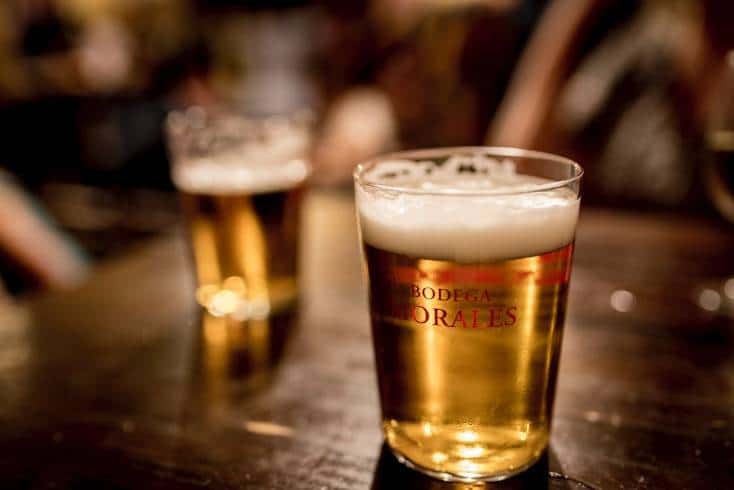
Researchers at Cornell University are suggesting that some non-alcoholic beers can be a hotbed of bacteria.
Here’s the deal…
Once an outlier in the beer biz, non-alcoholic beer has become mainstream. With more consumers taking a break from alcohol than ever, it’s a brewing trend that shows no signs of slowing.
Embracing a more healthful and clear-headed lifestyle, millennials and younger consumers are abandoning alcohol products in droves. And this migration away from alcohol hasn’t gone unnoticed by a beer industry that is now taking the non-alcohol segment seriously.
But that doesn’t mean that brewing buzz-free beer can’t pose problems.
A study by researcher at Cornell University has found that non-alcoholic beers can be a breeding ground for bacteria such as E. coli and salmonella.
Yikes…
Thanks to their alcohol content, as well their hops, beer has long been considered safe from foodborne pathogens, but non-alcoholic beers have less defenses.
Head researcher Randy Worobo and his team of microbiologists studied the growth of three types of bacteria—E. coli, salmonella, and listeria—in traditional beer, low-alcohol beer, and non-alcoholic beer.
 “They attempted to identify the effects of acidity, storage temperature, and alcohol concentration in the reproduction or death of microbial pathogens,” according to Men’s Journal. “Listeria died off in each brew, but non-alcoholic beer was determined to be most at risk of developing E. coli and salmonella. Scientists theorize this is due to the lack of alcohol, which acts as a natural disinfectant.”
“They attempted to identify the effects of acidity, storage temperature, and alcohol concentration in the reproduction or death of microbial pathogens,” according to Men’s Journal. “Listeria died off in each brew, but non-alcoholic beer was determined to be most at risk of developing E. coli and salmonella. Scientists theorize this is due to the lack of alcohol, which acts as a natural disinfectant.”
The study which was published in The Journal of Food Protection, test the beers in two situation. In the first case beers were a refrigerated 39.2°F but others were left at “room temperature” 57.2°F.
While E. coli and salmonella were able to survive in both low and non-alcoholic beer for up to 63 days, the microbial pathogens grew more rapidly in the non-alcoholic beverage.
The researchers found that bacterial growth in non-alcoholic beer thrived at room temperature, but the lager kept at 39.2°F showed smaller of harmful bacteria. However, simply keeping non-alcoholic beer refrigerated doesn’t alleviate its dangers, according to the study’s authors.
“Low and nonalcoholic beers should be processed through pasteurization to achieve commercial sterility,” they said in a statement, via The Daily Mail. “Sterile filtration and the addition of preservatives should be considered as additional steps to reduce this microbial risk.”
###
Want more Beer Buzzkills?
BEER BUZZKILLS – WINTER BEERS AT RETAIL BEFORE HALLOWEEN
 American Craft Beer The Best Craft Beer, Breweries, Bars, Brewpubs, Beer Stores, And Restaurants Serving Serious Beer.
American Craft Beer The Best Craft Beer, Breweries, Bars, Brewpubs, Beer Stores, And Restaurants Serving Serious Beer.
